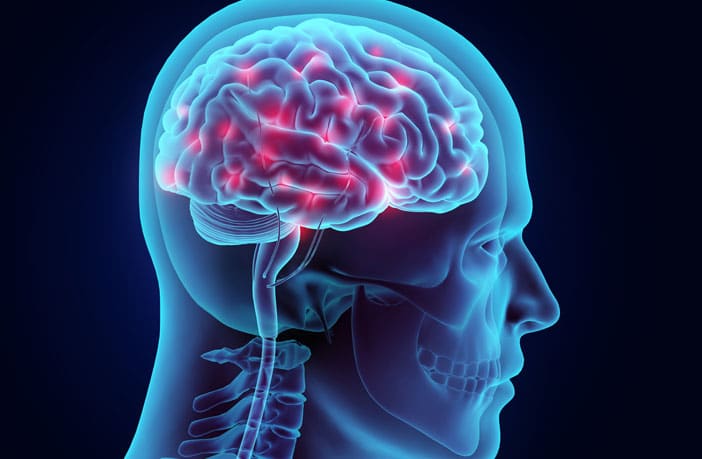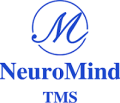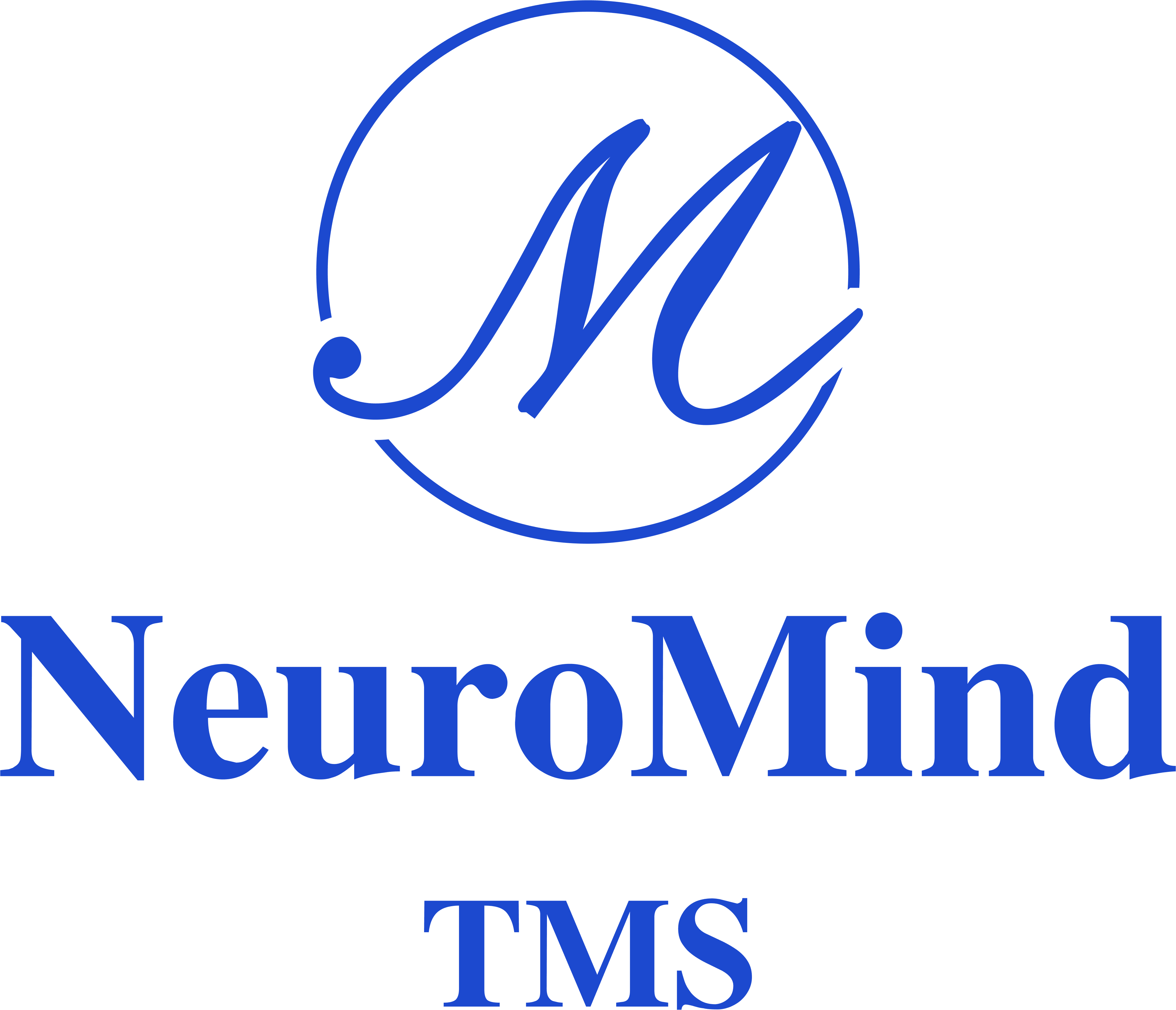
In the late 1960s, medical experts started utilizing ketamine as an excellent anesthetic and very soon, they discovered it had more effects than sedation. Following ketamine treatment, some patients reportedly mentioned feeling happier. Eventually, at the beginning of the 20th century, doctors started looking into ketamine as a potential depression treatment. After many years, The FDA authorized the use of ketamine-based nasal spray, which is a stronger version of ketamine for the purpose of treating depression that was not responding to treatment.
So, ketamine has been utilized for many years as a surgical anesthetic, but it has recently gained attention for the treatment of depression. When it comes to finding answers to your question “Ketamine Therapy Kya Hota Hai”, then one can say that it is a potential therapy that has been utilized recently as an excellent tool to treat depression and anxiety.
However, experts caution that while this promising mental health therapy is becoming more and more widely available, it is not appropriate for everyone & can change someone’s life.
How Ketamine Can Reshape Your Brain?

Many researchers think that a connecting problem between nerve cells in the areas of the brain that control mood could be the cause of depression. There may be fewer synapses in long-term depressed individuals, as per the research, which gives effective communication between these nerve cells.
Also, it has been discovered that under medical supervision, ketamine infusion therapy assists the brain in “shaking loose” depressive ideas as well as forming brand-new connections while also reactivating old ones. Antidepressants that were ineffective in the past may now be helpful following ketamine therapy because the brain has truly been reshaped in an effective manner.
Ketamine treatment dramatically decreased depressive symptoms within four hours, with benefits lasting up to 3- 4 days or longer. Apart from that, more recent research has showcased that, when administered under medical supervision, ketamine therapy can be very successful in terms of treating depression when other treatments have failed. There are different routes to deliver ketamine, including oral, nasal spray, as well and injection, but intravenous or IV infusion has been the most thoroughly researched approach to date, and in today’s scenario majority of patients will need repeated infusion sessions to obtain symptoms alleviation, which can take anywhere from less than a week to as long as 6 to 8 weeks.
Different Types of Ketamine Available:
If you talk about Ketamine Treatment Kya Hota Hai, then you can clearly understand this thing in terms of the different kinds of Ketamine Options Available:
Nasal spray:
For up to 4 weeks, you can use Spravato nasal spray for once or twice a week. Here you will be assessed by the experts with your symptoms after 4 weeks & then make some recommendations for additional treatment.
Intravenous (IV) therapy:

Ketamine is injected slowly as well as continuously into your blood circulation.
Intramuscular (IM) injections:
Ketamine shots may be administered into a major muscle, such as thighs or shoulders.
Lozenges:
You can be prescribed oral ketamine tablets to consume at home. These tablets dissolve gradually under your tongue. These pills can be utilized on their own or in between IV or IM treatments. In this case, due to the fact that your digestive system must first metabolize the ketamine, this can take longer to see the desired outcomes.
IV treatment, IM injections, as well as ketamine nasal spray-based methods are only available at clinics or hospitals.
Who Is Really Eligible for the Ketamine Therapy?
Patients with treatment-resistant depression who have not responded to conventional therapies, such as medication & psychotherapy, may gain an advantage from ketamine infusion therapy. The question of who is not qualified for this kind of care may be more crucial. In patients with specific risk factors or medical issues, the hazards of ketamine therapy may exceed the advantages.
These diseases include:
• Cardiovascular diseases, like angina, hypertension, irregular heartbeat, & a history of heart attacks or strokes
• Overactive thyroid
• Severe illness of the liver
• Mental illnesses
• Abuse of drugs or alcohol
• Being pregnant
• limitations on mobility
Right from the beginning, while treating depression with ketamine therapy, then you as a patient should talk with your doctor about the potential benefits & the particular risk factors to have a better understanding of your needs.
Ketamine treatment can be either short-term or long-term, so the answer to the statement “Kya Ketamine Se Depression Theek Ho Sakta Hai” (Can This method Cure Depression) depends on the patient’s past treatment history and an evaluation of the benefits and drawbacks. In addition, the expense may pose a problem as insurance typically does not pay for ketamine therapy.



